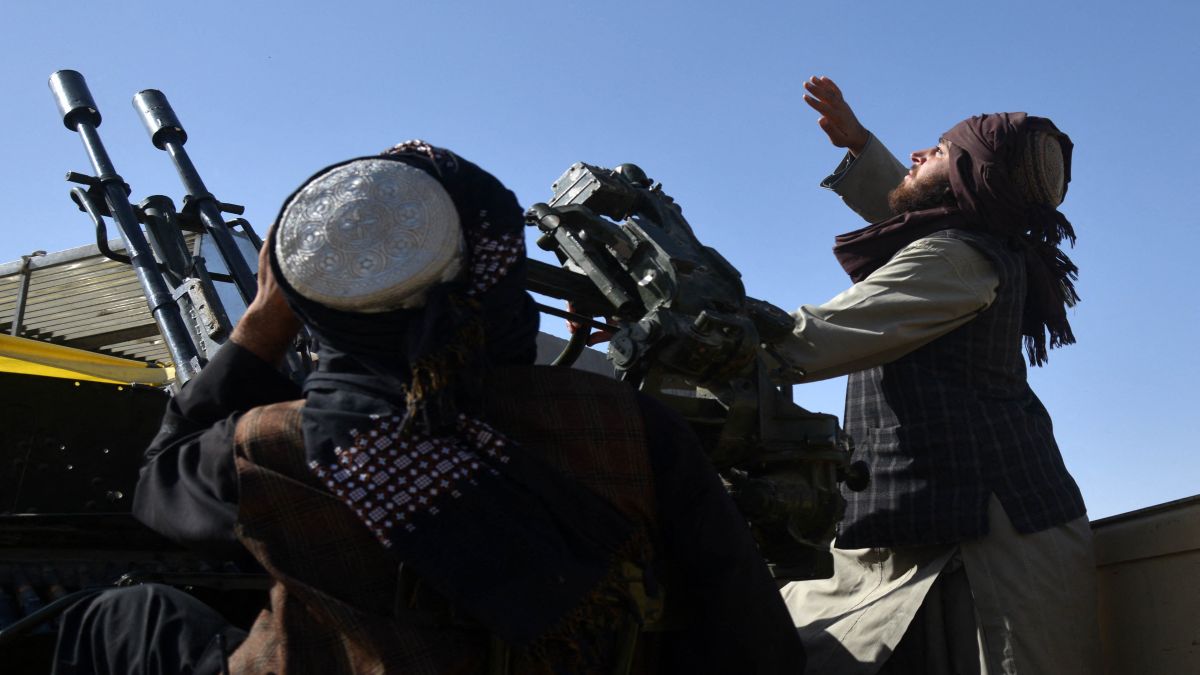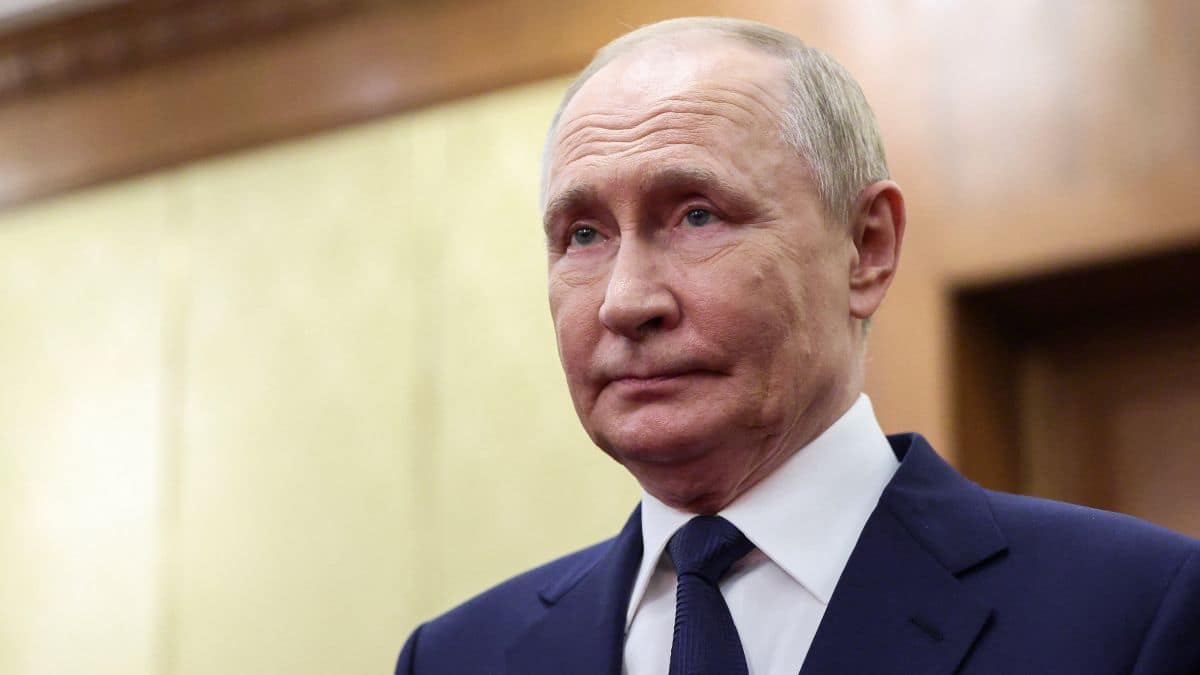After one of the most serious military clashes in recent years between Pakistan and the Afghan Taliban, Qatar and Turkey brokered a ceasefire on October 19 between the two Islamic neighbours, halting the violence that left dozens dead and hundreds injured. Under the agreement, both sides committed to an “immediate ceasefire” and to respecting each other’s territorial integrity.
The Pakistan–Afghanistan meeting in Istanbul (October 25–30, 2025) built on this progress, extending the ceasefire and agreeing to a monitoring mechanism to maintain peace along the border. A follow-up high-level meeting is scheduled for November 6, 2025, in Istanbul to finalise implementation details.
Although there have been many conflicts between the Taliban and Pakistan since they took over Afghanistan, the scope of the recent conflict is one of the worst. The Taliban said they have killed 58 Pakistani soldiers in retaliatory strikes, while Pakistan said it had killed more than two hundred “terrorists and militants”. Civilian evacuations were reported in frontline settlements, trade lanes were interrupted, and Durand Line crossings, such as Chaman and Torkham, were closed by Pakistan.
Yet, the situation remains tense, as the underlying causes of the conflict have yet to be resolved. Suspicions and tensions persisted even as the guns stopped firing, demonstrating how fragile peace is when Durand Line violence and political rivalry coexist.
Pakistan Defence Minister’s Warning
Before the talks in Turkey, Pakistan Defence Minister Khawaja Asif had warned that Islamabad may resort to “open war” against the Taliban if the Istanbul talks fail. His remarks marked a sharp escalation as both sides attempt to maintain a recently negotiated ceasefire.
“We have the option; if no agreement takes place, we have an open war with them,” Pakistan Defence Minister Khawaja Muhammad Asif said from Sialkot on October 25.
Impact Shorts
More ShortsKhawaja Asif, who led Pakistan’s Doha negotiating team, said the situation at the frontier has remained calm for several days but cautioned that a breakdown in dialogue would lead to renewed hostilities. Local media quoted him saying that Pakistan “hosted Afghans for forty years” and that many current Afghanistan officials “grew up in Pakistan”.
He also accused Kabul authorities of acting as a “proxy for India”, while claiming Afghan migrants occupy significant space in Pakistan’s labour and trading sectors. The statement reflects growing domestic political pressure over security and refugee concerns.
Kabul officials did not respond publicly to the threat. They were busy in the ceasefire talks. Incidentally, in Doha, the Afghan Taliban delegation was led by Mullah Omar’s son, Defence Minister Mullah Mohammed Yaqoob, who is said to be aligned with the Haqqani group led by Interior Minister Sirajuddin Haqqani.
The whole process covers four main points: creating a joint monitoring system to prevent future violence, ensuring respect for each other’s sovereignty, addressing the roots of Pakistan’s security issues from the past two decades, and removing trade restrictions. The talks also include a discussion on stopping the forced deportation of Afghan refugees.
Pakistan has accused Afghanistan of harbouring what it calls “terrorist groups”, including the Tehreek-e-Taliban Pakistan (TTP). Kabul denies the allegation and has blamed Islamabad for violating its sovereignty through military strikes.
Though Khawaja Asif’s comments seemed to be aimed at increasing leverage as negotiations entered a decisive stage, the rhetoric risks inflaming tensions at a time when both governments face international pressure to avoid further military escalation and restore stability.
There were reports of fresh border clashes on October 26 that reportedly led to the death of five Pakistani soldiers and 25 militants. These attacks occurred while Afghan and Pakistani officials were meeting in Istanbul.
The Heart of the Problem
Pakistan helped create the Taliban in the early 1990s and celebrated the group’s return to power in Afghanistan in 2021. But relations have soured in more recent years as Pakistan’s attempts to engage with Afghanistan over the Pakistani Taliban yielded few results. That is because the Afghan Taliban don’t see the TTP as a terrorist group. They see it as an entity connected to their identity; hence, to eliminate or curtail it would threaten their own foundations.
At the heart of the conflict is Islamabad’s claim the Afghan Taliban have been harbouring and aiding the TTP in order to change Pakistan along the lines of the Taliban’s Islamic rule in Afghanistan. As the TTP has increased its operations in Pakistan, Islamabad has become more intolerant of the Afghan Taliban government. According to the United Nations, the TTP has even accessed some of the $7 billion worth of weapons left behind by the US.
While the Taliban government has denied Islamabad’s accusations, it said the Islamic Emirate ‘does not interfere in the internal affairs of other countries’ and remains committed to regional peace.
Pakistan has sought to counter the threat from Afghanistan by deporting thousands of refugees back to Afghanistan and carrying out attacks in Afghanistan, including bombing targets.
The Taliban’s takeover of Kabul created a unique opportunity for Pakistan to finally resolve the resource-draining TTP problem. Once the Taliban 2.0 came to power, Pakistan believed they had leverage over their ally, the Afghan Taliban, to be used to pressurise the TTP. However, it soon became apparent that the TTP was also betting on the tacit support of the Afghan Taliban to negotiate its own demands from a strengthened position. The group also has sworn allegiance to Afghanistan’s leader, Sheikh Haibatullah Akhundzada.
It therefore seems unlikely that the Taliban will withdraw their support for the TTP. A crackdown on the TTP may risk sending its fighters into the arms of the Islamic State, whose militants have attacked the Taliban government.
The other issue is that Afghanistan has never recognised the border with Pakistan, arguing that the Durand Line, created by the British Empire, arbitrarily splits communities.
Ironically, many TTP factions were the creation of Pakistan’s security establishment so that, in the future, influence could be exercised over the Afghan Taliban to ensure a secure western border with no vulnerabilities. But now, the TTP itself has become that vulnerability.
Pakistan has now realised that it had a misplaced perception about the Taliban and their potential role in stabilising relations.
Pakistan’s Dilemma
In the final analysis, Islamabad cannot blame anyone but itself for the challenges it faces from the Afghan Taliban. It nurtured and supported the Taliban as a terrorist group for some three decades and felt they could cash in as soon as they came to power.
As Pakistani Defence Minister Khawaja Asif after the Pahalgam incident had admitted that Pakistan had pursued a double-edged foreign policy. It has publicly opposed terrorism while using extremist groups, like the Afghan Taliban and their affiliates, to further their agenda.
Due to this policy, the Afghan Taliban were able to seize power from the mid-1990s to the 9/11 2001 al-Qaeda attacks on the US and subsequently mount an effective resistance to the decades-long occupation of Afghanistan and were then able to regain power in 2021.
Asif reminded the Taliban that Pakistan had supported them. Meanwhile, Pakistani security forces recently shut down several long-standing Afghan refugee camps in Balochistan, displacing thousands of residents and demolishing their homes and shops. Camps in Loralai, Gardi Jungle, Saranan, Zhob, Qala-e-Saifullah, Pishin, and Muslim Bagh were affected. Refugees said they were forced out suddenly without being allowed to gather their belongings.
Further, India’s re-entry into Afghanistan, which includes Taliban Foreign Minister Amir Khan Mutaqqi’s visit to India followed by the reopening of its embassy, has added to Pakistan’s anxiety. It feels that its influence is being threatened.
Conclusion
After protracted negotiations, initial optimism has faded, and talks have reached a deadlock as Islamabad accuses the Taliban of taking an “illogical and detached” stance on key security issues, including counterterrorism cooperation. The next meeting on November 6, 2025, in Istanbul will be a crucial test of whether the two sides can break the impasse and revive the peace process.
Earlier, US President Donald Trump, while speaking at the signing of the Thailand-Cambodia peace deal on the sidelines of the Asean summit in Malaysia, said, “We’re averaging one (war) a month. There is only one left, although I heard that Pakistan and Afghanistan have started up. But I’ll get that solved very quickly. I know them both.”
The issue for Pakistan is that bombing targets in Afghanistan won’t solve the problem. All it will do is satisfy public opinion, especially in Punjab, where anti-Pashtun sentiment is simmering. But kinetic military action has its limitations.
Looking back in history, neither the British, Soviets nor the US were able to control Afghanistan. Further, the minute Pakistan attacks, the Afghans, even those who are against the Taliban, will close ranks against Pakistan. There are even some reports suggesting that Sirajuddin Haqqani, the Afghan Interior Minister, is being sidelined. But even the Haqqanis are unlikely to side with Pakistan against the Taliban Emir.
China shares a border with Afghanistan and has tried to mediate, but a trilateral meeting in Kabul this summer failed to produce a joint agreement on security issues. Presently there seems to be too much distrust between the two countries.
For Pakistan, which had nurtured the Taliban with the aim of obtaining strategic depth and control over the region, things are not going as planned. While TTP is a problem, Pakistanis had hoped that Taliban 2.0 would resolve the issue on the Durand Line as well as ensure that India has no role to play in Afghanistan’s development; none of these have worked.
Unfortunately, the quagmire remains nearly impossible, and the points of difference are too deep-rooted to resolve without strong measures that neither side has been willing to take so far.
The confrontation remains highly significant and could have long-term consequences for the countries. A patron-client relationship has now backfired, and there is no antidote available to counter it.
(The author is a retired Major General of the Indian Army. Views expressed in the above piece are personal and solely those of the author. They do not necessarily reflect Firstpost’s views.)


)

)
)
)
)
)
)
)
)



